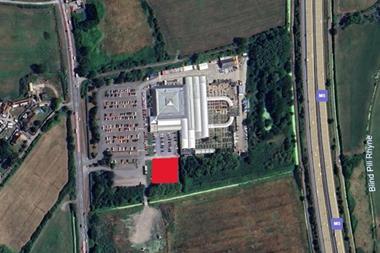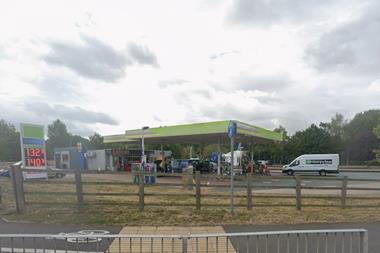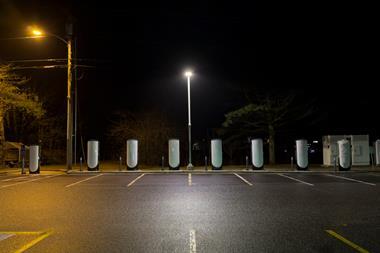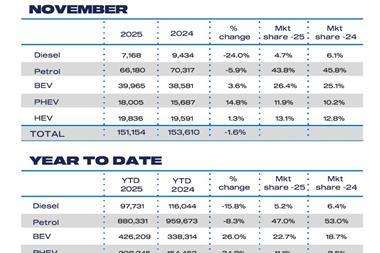The Association of Convenience Stores (ACS) and the Scottish Grocers Federation (SGF) have called for plans to introduce a deposit return scheme (DRS) to be scrapped after conducting research into the impact of a scheme with both consumers and retailers.
In a submission to the Environmental Audit Committee, ACS and SGF have outlined evidence from both consumers and retailers which they say demonstrates how expensive, impractical and ultimately ineffective a deposit return scheme would be for the UK.
ACS chief executive James Lowman said: “A deposit return scheme would impose massive time and cost burdens on retailers, many of whom are operating in very small stores that would be significantly adversely affected by the proposals. We encourage the Government to focus on recycling measures that are effective, popular with the public and don’t add costs to small shops, such as improving the existing kerbside recycling schemes.”
SGF chief executive Pete Cheema said: “From this UK-wide research we now have clear evidence of the highly negative impact of deposit return on both consumers and retailers. DRS is too complex, too expensive and too burdensome on customers and small shops. We should be looking instead at investing in kerbside schemes and raising the awareness of consumers about how they can recycle more effectively.”
As part of the evidence gathering process for the submission, ACS and SGF commissioned focus groups with retailers and consumers in England, Wales and Scotland to investigate the feasibility of a deposit return scheme. Most retailers believed the schemes would be impractical to implement due to the space that a scheme would demand in store (both from the perspective of a reverse vending solution and a manual return solution) and would create a logistical problem for staff who may have to accept large volumes of recyclable material instead of serving customers.
Focus groups with consumers also found problems with a possible deposit return scheme. Among the groups, it was evident that at home recycling is being used by consumers, and that the barriers to recycling would not be solved by DRS – instead the focus should be put on improving the existing kerbside facilities and making more packaging recyclable.
A survey of 2,000 consumers across the UK found that 70% preferred to use kerbside household recycling facilities over a deposit return system for bottles and cans. In the same survey, the top three reasons given for why consumers would recycle more were:
• if more packaging was recyclable (37%);
• if packaging was more clearly labelled as recyclable (35%); and
• if household recycling collections took a greater range of recyclable goods (29%).
Lowman continued: “It is clear from the evidence that there is no appetite from consumers for a deposit return scheme. These plans are unnecessary and will only place burdens on retailers that are already struggling with increasing costs in other areas of their business.”

































No comments yet